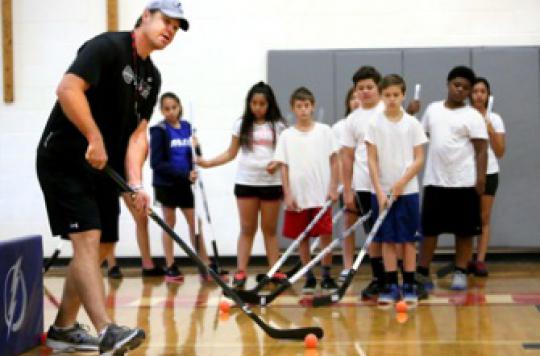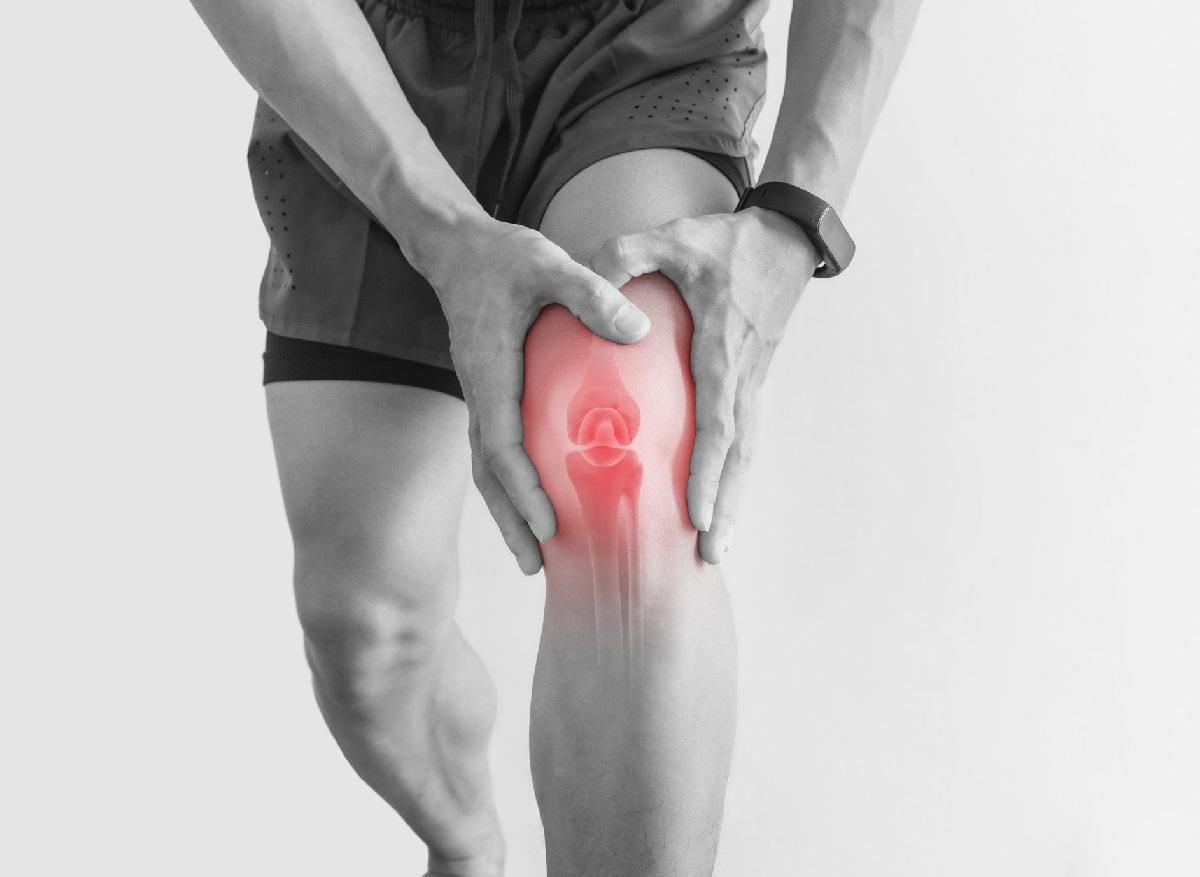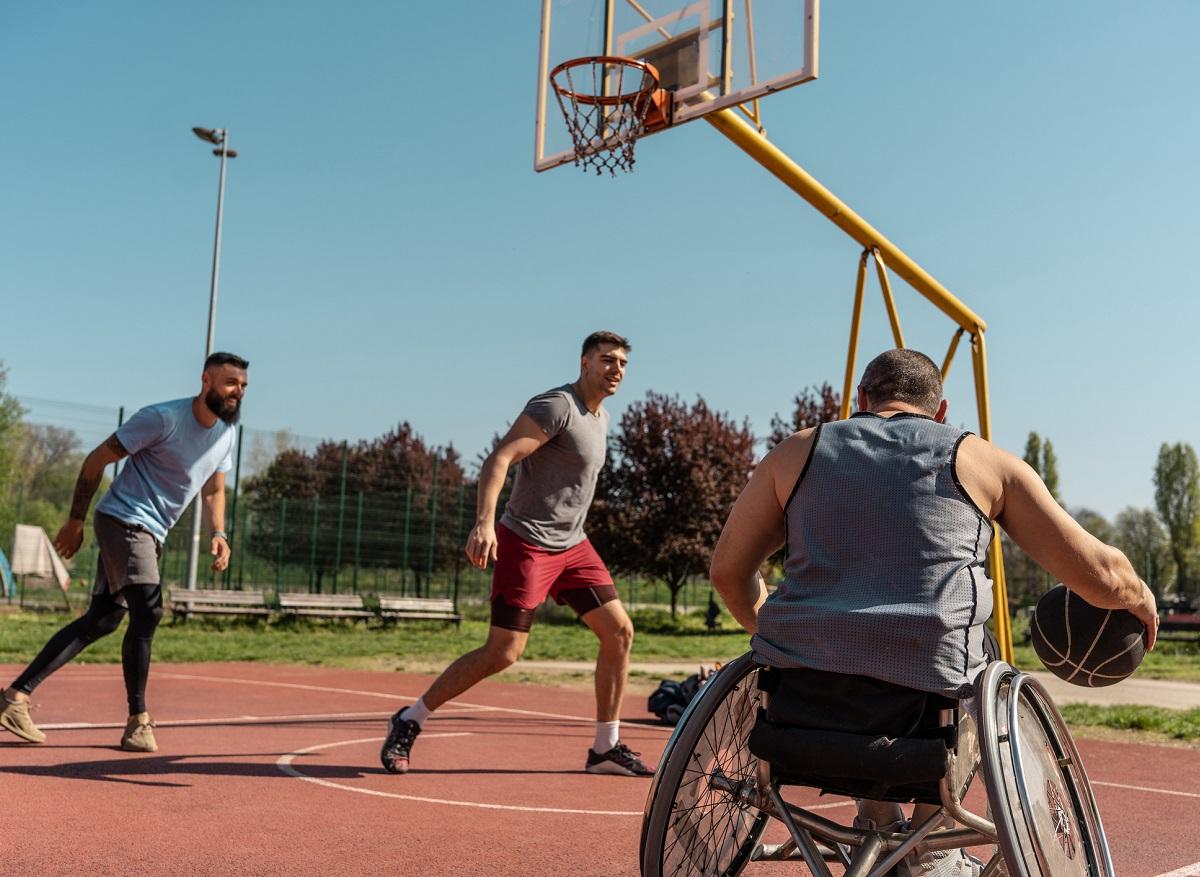The government has announced its intention to extend the validity of the medical certificate for children’s sports activities. What justifies such a proposal?

At each start of the school year, it’s the same chore: renewing the children’s sports aptitude certificate. Certainly, they are young and in good health; okay, they’re ping-pong. But the rule is the rule. To register in a sports club, you must have a certificate of non-contraindication to sport, signed by your general practitioner. Impossible to cut it.
Simplify the life of the French
Every year, 15 million certificates are issued in this way. It is as many people who rush into the doctor’s offices in order to obtain the precious document. To avoid this great rush, and in its desire to simplify the daily life of the French, the government wishes to extend, for young people (up to the age of majority), the period of validity of this certificate to 2 or 3 years. The outlines of the reform remain to be clarified.
“From the start of the 2015 school year, these medical certificates will be valid for several years without having to redo them each time,” said Thierry Mandon, Secretary of State for State Reform, daily Le Parisien-Aujourd ‘ hui in France. The only exceptions are extreme sports – parachuting, diving, boxing, etc. – which must undergo an annual medical examination, as well as athletes who practice in competition. The measure could apply from September 2015.
Certificates in a hurry
In fact, the proposal is not brand new. For several years, it has been launched with conviction by successive ministers – Xavier Bertrand, Valérie Fourneyron … “Originally, the idea was to find a way to reduce the number of certificates issued by general practitioners”, explains Roger Rua, president of the Syndicat des Médecins Liberals (SML), which participated in the think tank on the issue.
“In general, doctors are crumbling under the requests for certificates, sometimes completely eccentric – aptitude to go in a public place, or to carry out an internship … However, in the field of sport, it is relevant to reduce the pace”, explains this practitioner specializing in sports medicine. All the more so since these certificates of non-contraindication to sport are often issued “in a hurry”, without in-depth examination …
to listen Roger Rua, president of the SML and sports doctor: “The doctor checks that the child is not sick at the time of signing. However, this certificate is also a prevention certificate… ”
In-depth examinations, compulsory ECG
However, the lengthening of the duration of the certificate of non-contraindication to sport will be accompanied by a counterpart. The medical examinations will be in-depth, with the establishment of a compulsory electrocardiogram every two or three years from the age of 12 years.
Between the two visits, the legal guardian must complete a declaration certifying on their honor that no incident has been observed in the child during the practice of the sport concerned. In other countries (Italy, United States, etc.), the authorities have made self-questionnaires available to be completed and returned to the attending physician.
to listen Roger rua: ” This is one of the tracks. We have questionnaire models already ready. We’ve been working on it for 15 years! “
Increased risk of sudden death of the athlete?
However, several doctors were fiercely opposed to this reform project. Jean-Paul Hamon, president of the Federation of Doctors of France, believes that it could endanger the health of children: “It’s a heresy because the kid changes morphologically, he will perhaps also change sport. , so do not make the same effort. An annual visit is good, a visit every three years, I find that it is taking risks with the health of people, ”he explains on the RMC website.
False, according to Roger Rua. “A multitude of very serious international studies prove the contrary. The examination of the electrocardiogram even makes it possible to avoid the sudden death of the athlete, something that is more difficult to prevent in France, ”he explains.
So why this outcry? Bad tongues would see in it the corporatist reflex, but natural, of a profession for which medical certificates can constitute a good part of the turnover. But above all, the need to acquire an electrocardiogram, should put off more than one doctor. The machine is expensive, and you still have to know how to understand it …
to listen Roger Rua: “We should perhaps train general practitioners in the analysis of an electrocardiogram… but it is in their strings! “
Watch the France 3 report on this reform : “Some parents don’t hesitate to bypass the system”
.

















